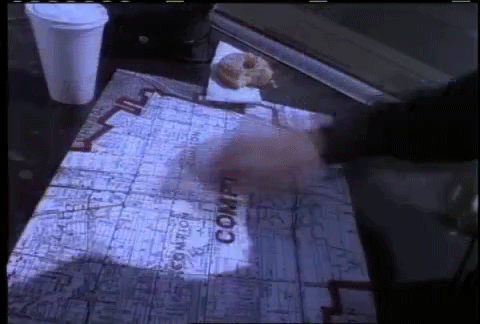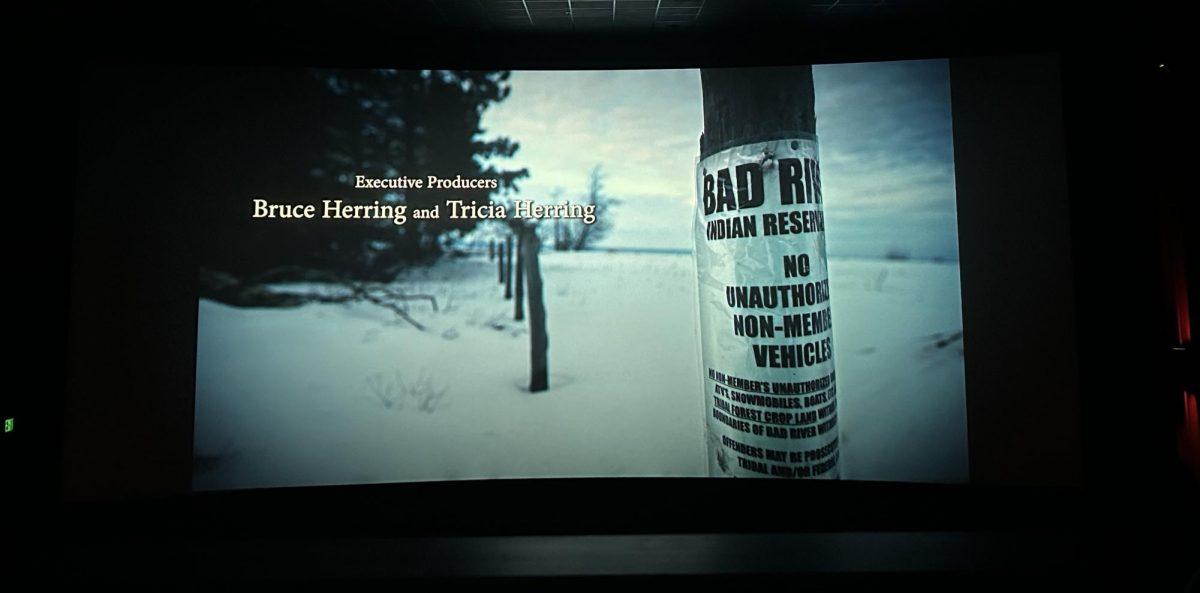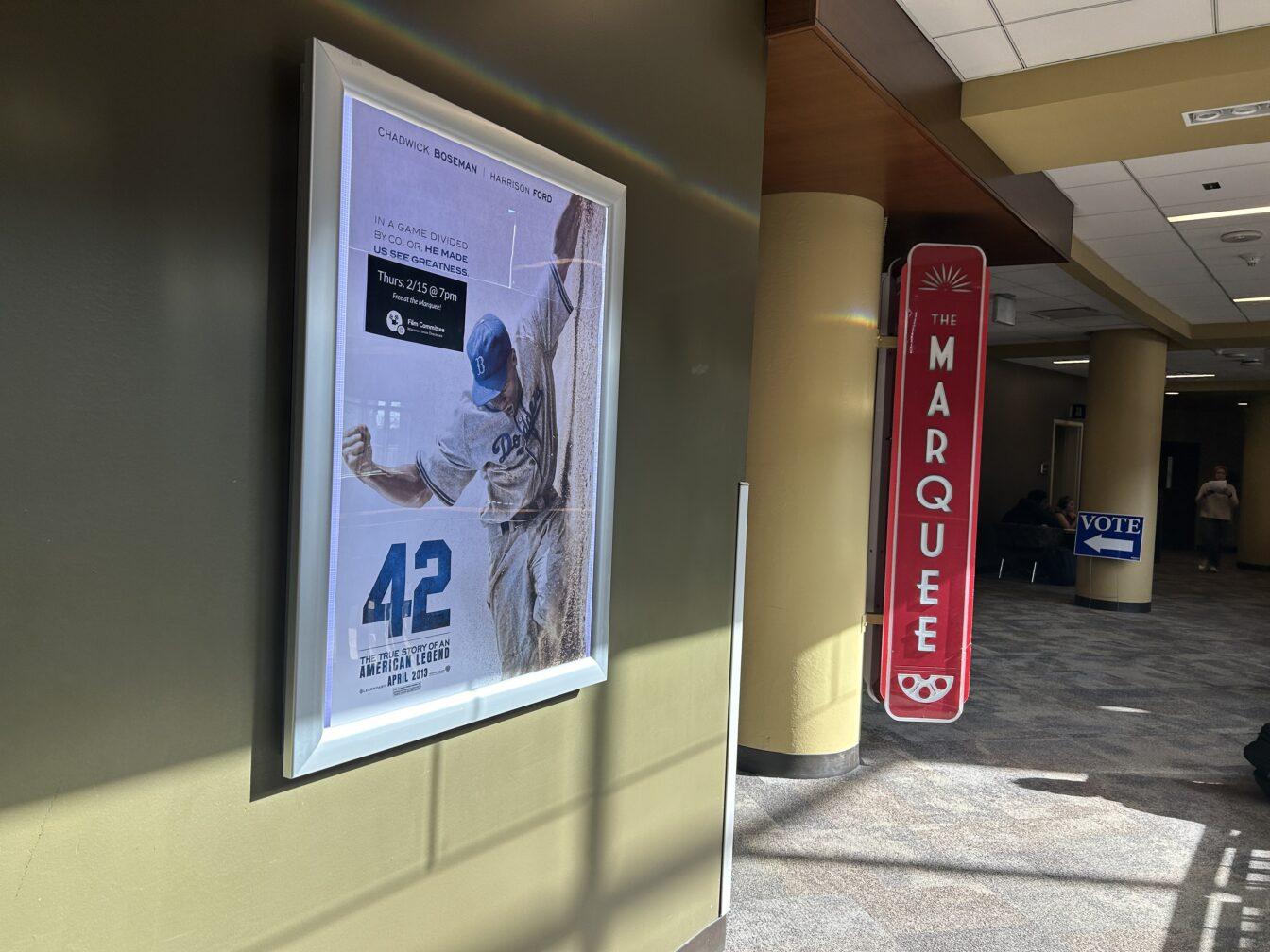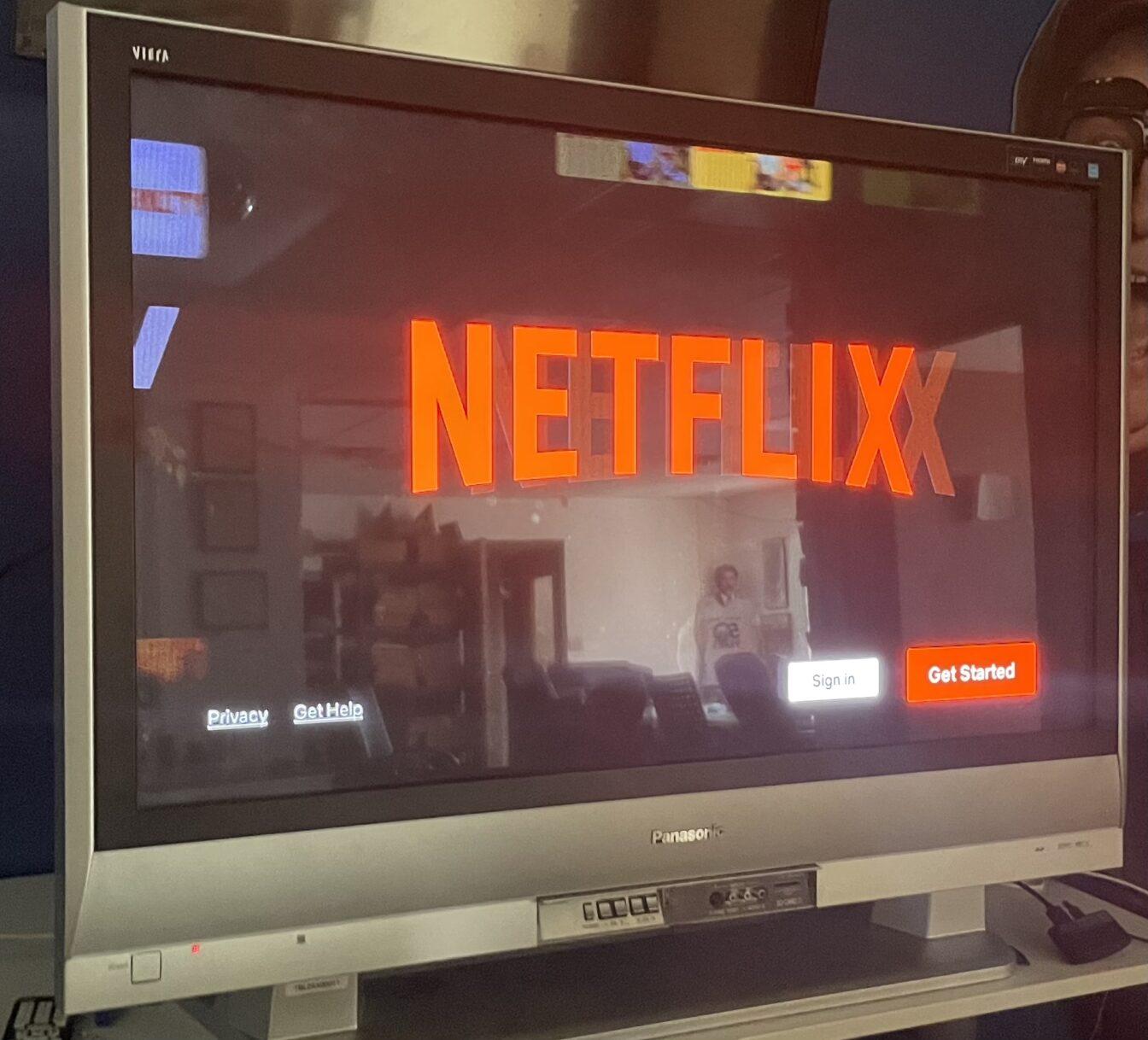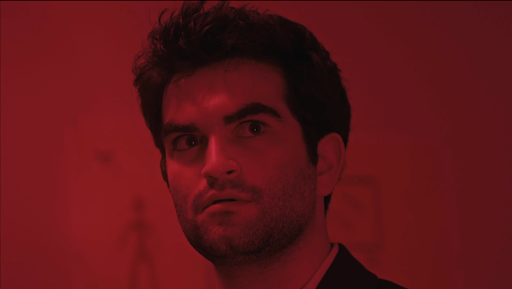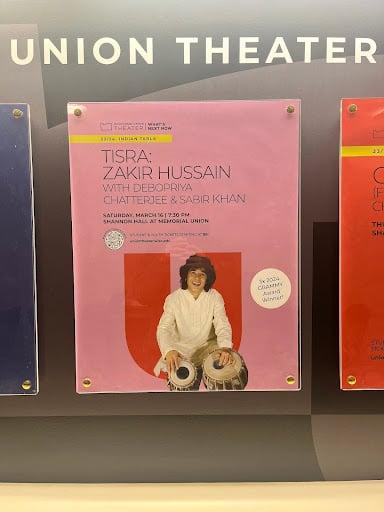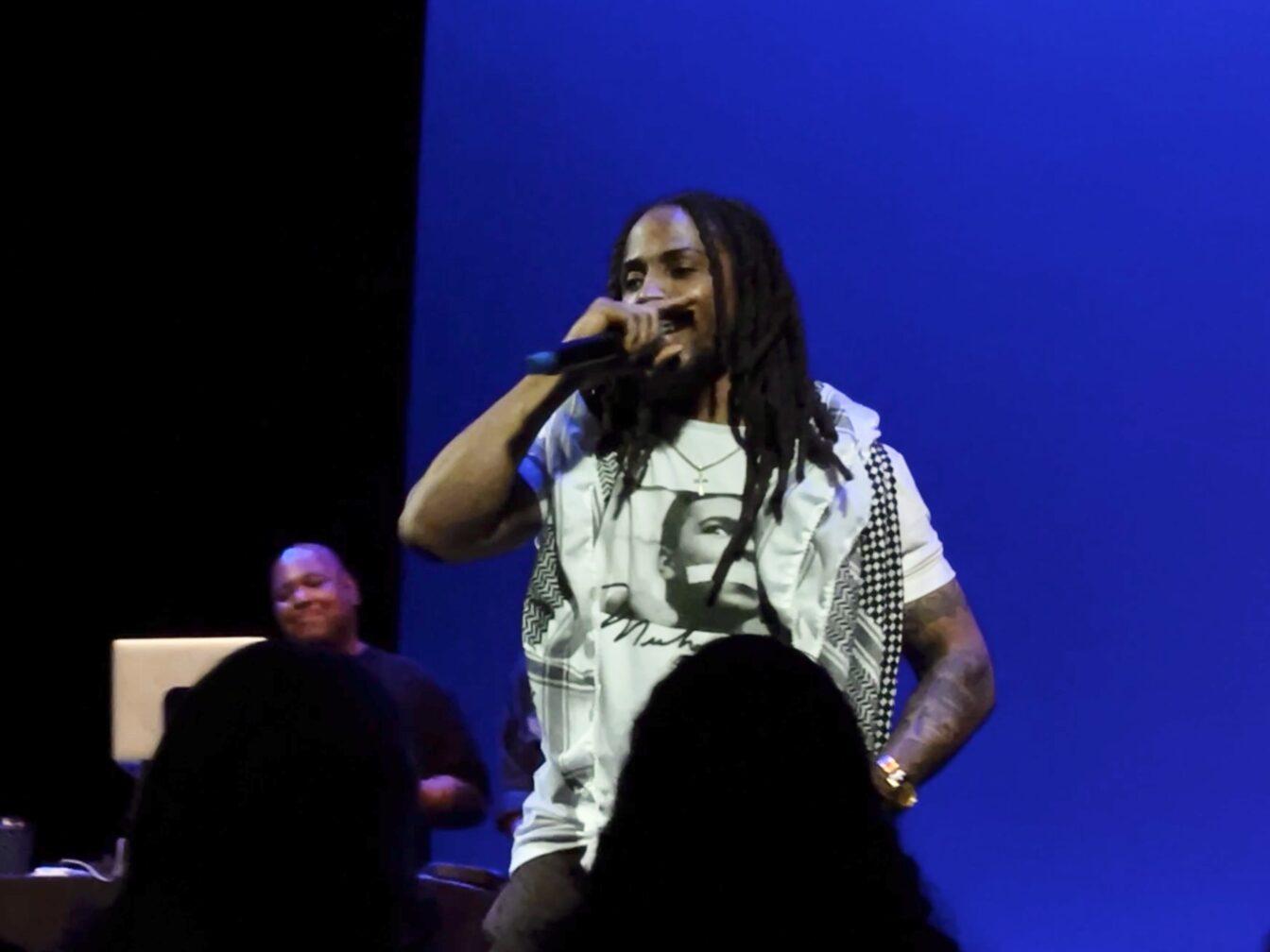Those involved with a highly-anticipated biopic like “Straight Outta Compton” are undoubtedly caught in a web of interests, pulling the filmmakers in many different directions. Those invested in the subject matter make considerations about whether the audience will enjoy it, and who will judge the accuracy and studio considerations.
In “Straight Outta Compton” — the much-hyped biographic movie depicting the career of Compton-bred, highly influential gangster rap group N.W.A — director F. Gary Gray toes the line between varying interests perhaps too well and finds an even, yet unsatisfying balance.
The party scenes most prominently exhibit Gray’s faulty balance. Three or four times throughout the film, the movie perplexingly stumbles into scenes of unnecessary, Gatsby-esque excess. The vapid booty shaking, drink pouring scenes do little for the movie beside make the important parts hold less weight.
The members of N.W.A definitely attended such gatherings, but having these scenes side by side with gritty portraits of Compton street life, along with the devastating Rodney King beating and subsequent riots, leaves audiences jarred and questioning.
The mixing of critical, hard-hitting material with sugar-coated, often eye-roll-inducing oversimplifications should be evident to any viewer. For example, did it really only take three tries for Eazy-E to go from cringingly bad rapper novice to murdering the beat on rap classic “Boyz-n-the-Hood?” Probably not.
Did Dr. Dre create the beat as quickly as he did, and did Snoop Dogg later freestyle his verse as flawlessly as portrayed in the film? Again, probably not.
In addition to cinematic hyperbole, another disappointing part of the film is the time periods it chooses to focus on. Despite brief mentions, the film devotes the bulk of the runtime to contract negotiations and various post-N.W.A beefs instead of chronicling the groups upbringing and rise to fame.
Despite these frustrating, if necessary, cinematic shortcuts, the heavier moments of “Straight Outta Compton” hold their own. The film’s opening scene, which introduces Eazy-E, dramatically depicts a contentious drug deal. At the apex of the tension, the Los Angeles Police Department shows up at the house with a battering ram and breaks into the house.
This gritty, powerful scene aptly sets the stage for the rest of the film by making clear to the audience the realities of living in Compton.
Furthermore the casting and acting in “Straight Outta Compton” is truly top notch. From Ice Cube’s son, O’Shea Jackson Jr. playing his father to Jason Mitchell (“Contraband”) playing Eazy-E and R. Marcos Taylor’s (“The Martial Arts Kid”) Suge Knight, there were strong performances all around. Even Paul Giamatti (“The Little Prince”), playing slimy manager Jerry Heller, turns in a surprisingly convincing and emotive performance.
The film also doesn’t disappoint in terms of timeliness and pertinence to modern day social issues. The film makes direct allusions to N.W.A.’s hit “Fuck Tha Police’s” origin, the outcry and controversy it created, and perhaps most importantly, its impact. It particularly resonates in the Rodney King scenes and may remind audiences how little has changed in 25 years.
“Straight Outta Compton” is a film that pushes the idea that N.W.A. truly embodied what their acronym promised. From garnering letters from the FBI to resisting police for being non-compliant in the face of threats, N.W.A and its members’ ethos was highly apathetic to authority.
It may be just this characteristic that makes the movie — distributed by Universal and produced by several big-name agencies and bound to be seen by millions in posh, air conditioned, suburban theaters — feel so weird. Even when N.W.A hit the mainstream at their peak, they did it on their own terms, with songs like “Fuck Tha Police.”
Despite an entertaining and well done film and members of the group’s contributions, it feels like the film serves in some respect to neuter the image of N.W.A.








